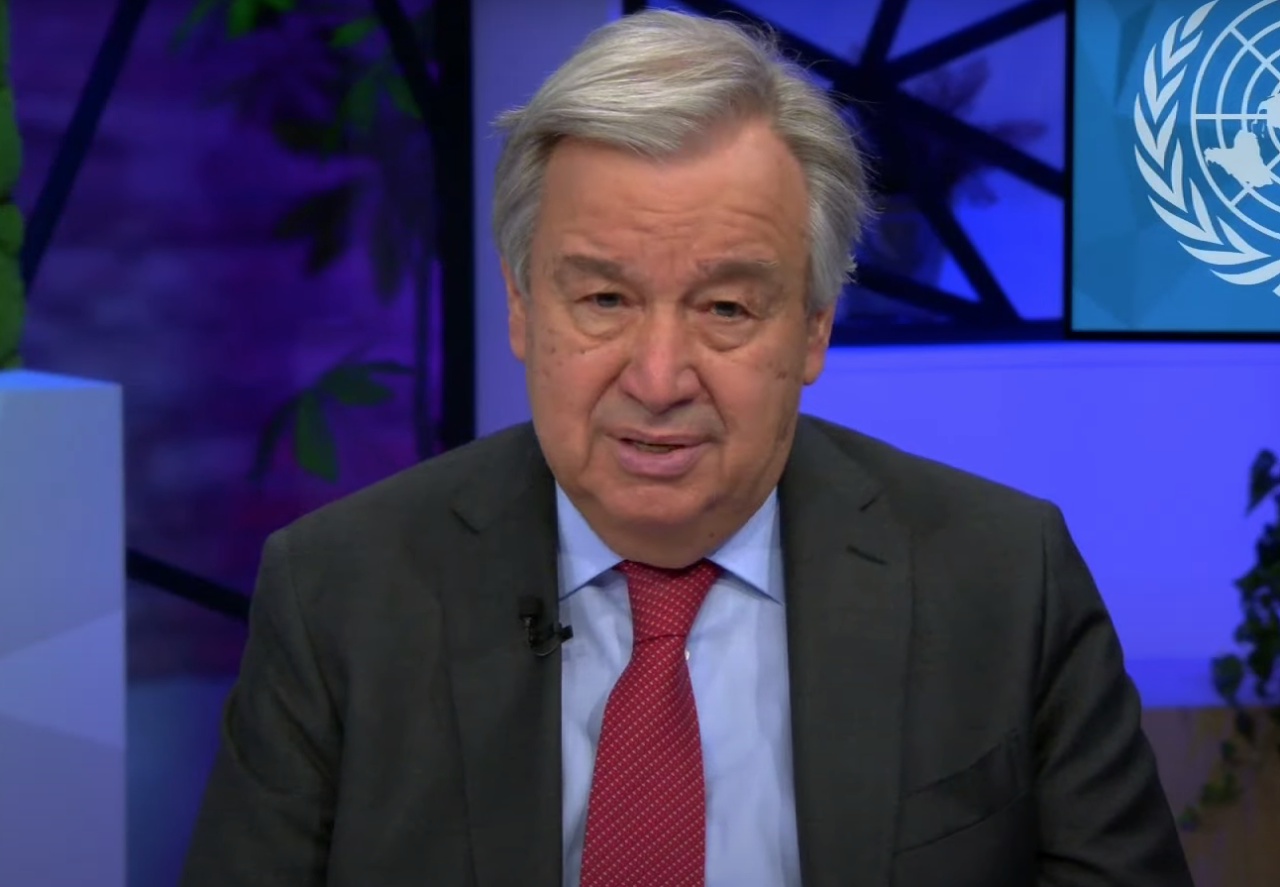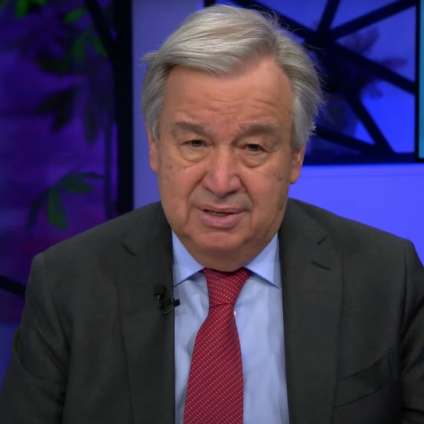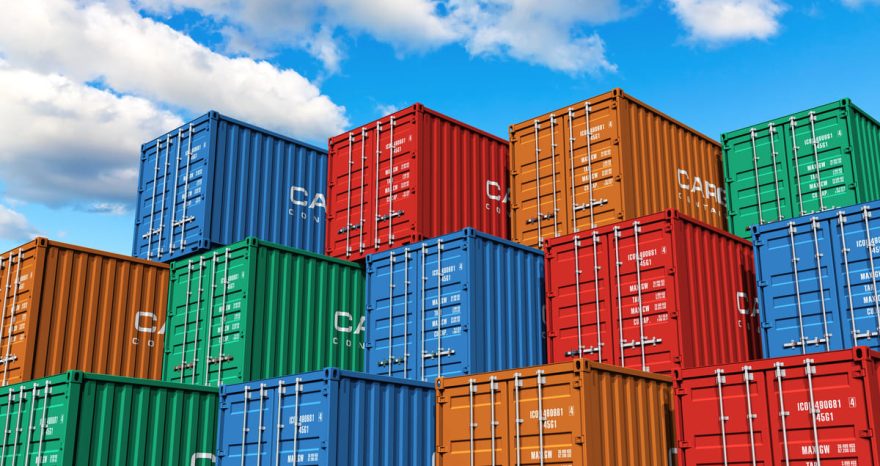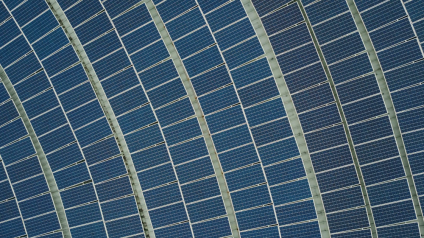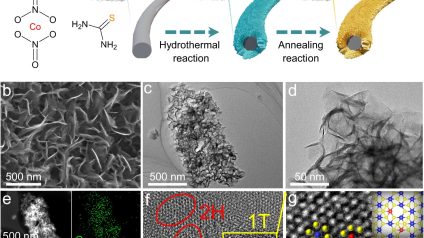UN Secretary-General António Guterres proposes a five-point plan to restart the energy transition, which he called the "21st century peace project"
How to accelerate renewables in the world
(Sustainabilityenvironment.com) – The latest report of the World Meteorological Organization (WMO) speaks clearly: the Earth’s climate is changing before our eyes, and we need an acceleration on renewables. And it’s only a matter of time before we witness yet another annual temperature record. The data that emerged from the State of Climate 2021 of the OMM, which the Secretary-General of the United Nations himself does not hesitate to define as “the sad litany of the human inability to deal with climate change”, are worrying but not surprising.
But it’s not too late to avoid the worst. But the challenges will become more difficult every second without global action to limit greenhouse gases. “We need to end fossil fuel pollution and accelerate renewables before we incinerate our only home. Transforming energy systems is a door-to-door action“, UN Chief António Guterres said in a video message.
Guterres recalled that wind and solar technologies are already available and, in most cases, cheaper than coal and other fossil fuels. And he took the opportunity to propose 5 critical actions to restart the “21st century peace project“, namely the energy transition.
1. Treating renewable energy technologies as essential global public goods
This means removing obstacles to knowledge sharing and technology transfer, including intellectual property constraints.
Guterres called for a new global coalition on battery storage led by governments, bringing together technology companies, manufacturers and financiers to accelerate innovation and distribution.
2. Ensuring, increasing and diversifying the supply of components and raw materials for renewable technologies
Supply chains and key materials of the energy transition are concentrated in a handful of countries. For the UN Secretary-General, greater international coordination is needed to overcome this obstacle. In addition, more investment in renewable resources is needed to ensure a fair transition. Resources that support worker training, research and innovation, and incentives to build sustainable supply chains.
3. Leveling the playing field for renewable energy technologies
Nationally determined contributions (climate action plans drawn up by countries) must set renewable energy targets aligned to target 1.5 °C in the containment of global warming. And the share of wood in global electricity production must increase from the current 29% to 60% by 2030. That’s why Guterres calls on governments to accelerate and simplify approvals of solar and wind projects, modernize networks, and set ambitious renewable energy targets that provide certainty to investors, developers, consumers, and producers.
4. Shifting energy subsidies from fossil fuels to renewable energies
Every year, governments around the world pay about $500 million to artificially lower the price of fossil fuels; more than triple the subsidies are given to renewable energy.
“While people are paying the price of expensive petrol, the oil and gas industry is collecting billions from a distorted market. This scandal must stop,” Guterres points out.
5. Accelerating renewables by tripling private and public investment
The Head of the United Nations calls for adaptation to risk frameworks and greater flexibility to increase renewable finance. “It is time to start the transition to renewable energy before it is too late”.


